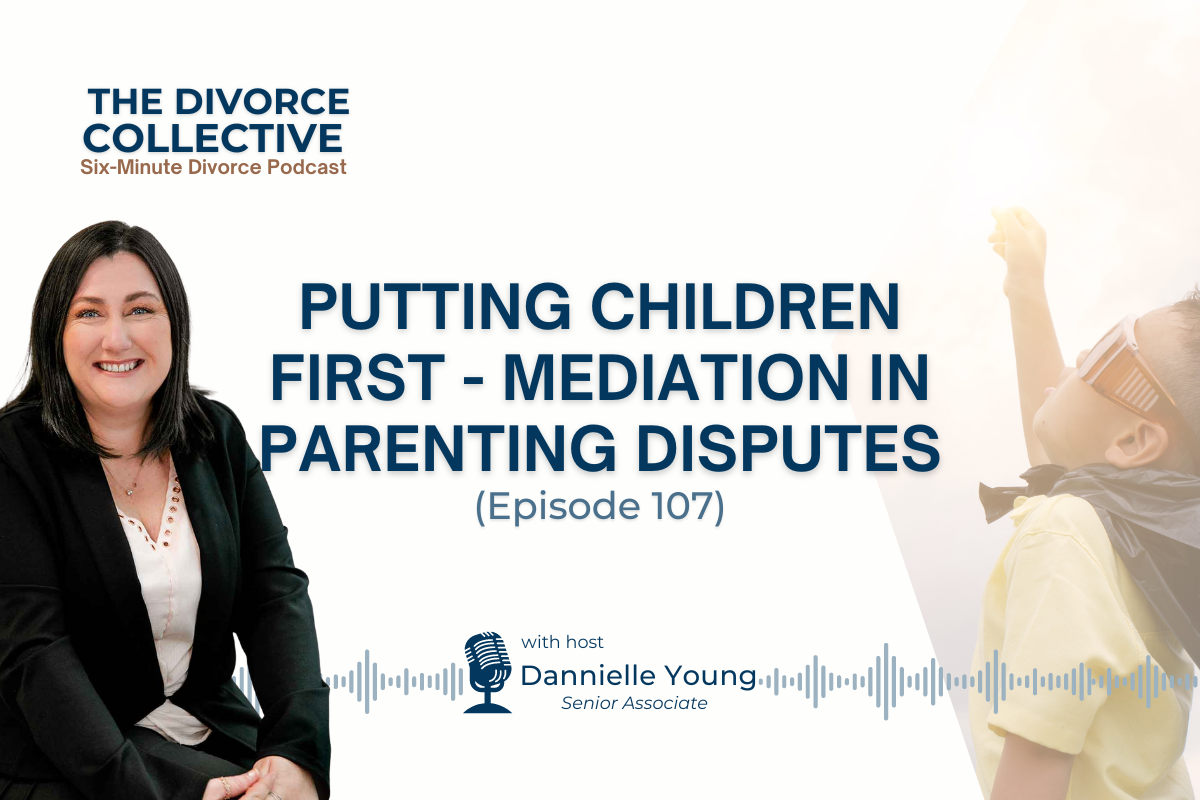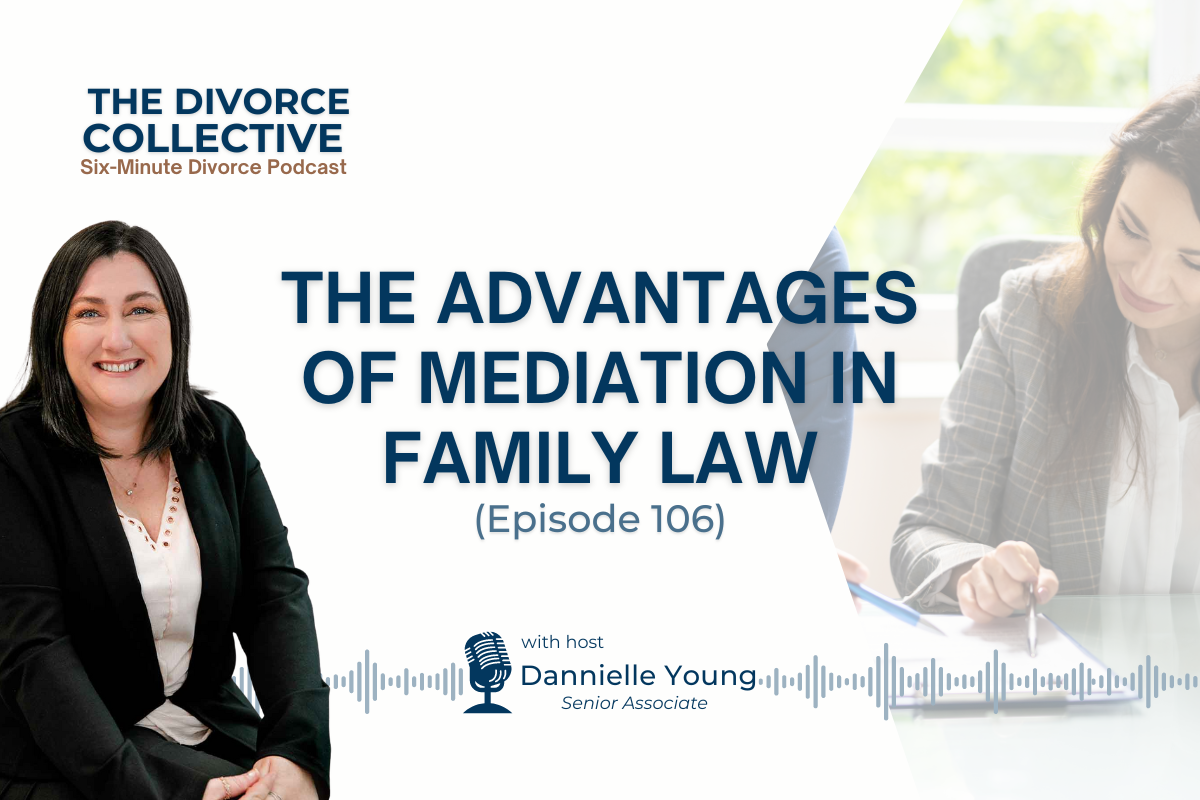Property Division, Child Custody, and Support in Australia
Navigating the legal aspects of a de facto relationship can be complex, especially when it comes to property division, child custody, and support matters. As experienced Gold Coast family lawyers, we understand the challenges you may face during this time.
In this ultimate guide, we provide answers to frequently asked questions, offer valuable tips and advice, shed light on important considerations, and emphasise the importance of seeking the guidance of an expert family lawyer. Our aim is to help you make informed decisions, protect your rights, and navigate the complexities of the legal process. Let’s dive into the details!
Frequently Asked Questions:
- What is a de facto relationship?
A de facto relationship is between two people who are not legally married but live together in a genuine domestic partnership.
- How is property divided in a de facto relationship?
In Gold Coast, the Family Law Act governs de facto property settlement Qld. The principles of property division are similar to those applied to married couples. The court considers various factors, including financial and non-financial contributions, future needs, and the overall justice and equity of the proposed division.
- What happens to the family home in a de facto relationship?
Like other assets, the family home is subject to a division based on property division principles. The court assesses contributions made by each party and considers future needs to determine a fair and equitable outcome.
- How is child custody determined in a de facto relationship?
Child custody matters in de facto relationships are resolved using the same principles as married couples. The court prioritises the child’s best interests when making decisions about custody and parenting agreement Qld. It encourages shared parental responsibility and aims to facilitate a meaningful relationship between the child and both parents.
- What factors are considered in determining child support in a de facto relationship?
Child support in de facto relationships is determined based on both parent’s income and the child’s needs. The Child Support Agency uses a formula to calculate child support payments, taking into account factors such as each parent’s income, the number of children, and the level of care provided.
Valuable Tips and Advice:
- Seek legal advice:
Consulting a family lawyer with expertise in de facto relationships is crucial. They can provide personalised advice based on your circumstances and help you understand your rights and obligations.
- Document financial and non-financial contributions:
Keep records of financial transactions, contributions to assets, and non-financial contributions such as caregiving, homemaking, and maintenance. This documentation will be valuable when determining property division and support matters.
- Focus on the best interests of the child:
When dealing with child custody and support matters, prioritise the well-being and best interests of the child. Maintain open communication with the other parent and be willing to negotiate and find mutually beneficial solutions.
Important Considerations:
- Time limitation:
There is a time limitation of two years from the date of separation to commence property proceedings in de facto relationships. It is important to seek legal advice promptly to avoid missing out on your entitlements.
- Binding financial agreements:
Consider entering into a binding financial agreement (also known as a de facto prenuptial agreement Australia) to outline property division and financial matters in case of a separation. These agreements provide certainty and can protect your interests.
Why You Need an Expert Family Lawyer:
Engaging an expert family lawyer is essential when dealing with de facto relationship matters. Here’s why:
- Knowledge of Family Law:
Expert family lawyers have in-depth knowledge and understanding of the complexities of family law, including specific provisions related to de facto relationships. They stay updated with the latest legal developments and precedents, ensuring your case is
handled in line with current legislation and relevant court decisions.
- Personalised Advice:
Every de facto relationship is unique, and the circumstances surrounding property division, child custody, and support matters can vary greatly. An experienced family lawyer will provide personalised advice based on the specific details of your case. They will assess the strengths and weaknesses of your situation, guide you through the legal process, and advocate for your best interests.
- Strategic Approach:
A skilled family lawyer will develop a strategic approach tailored to your objectives and the complexities of your case. They will carefully analyse the relevant factors, evidence, and legal precedents to build a compelling argument on your behalf. Their strategic approach aims to achieve the most favourable outcome for you through negotiation, mediation, or litigation if necessary.
- Effective Communication:
Family law matters, particularly those related to de facto relationships, often involve heightened emotions and sensitive issues. An expert family lawyer can act as a buffer and facilitate effective communication between you and the other party. They will help maintain a respectful and constructive dialogue, ensuring your interests are represented without conflict.
- Procedural Compliance:
Family law proceedings involve strict procedural requirements and deadlines. Navigating the legal process alone can be overwhelming and prone to mistakes. By engaging an expert family lawyer, you can rest assured that all necessary documents are prepared accurately, procedural steps are followed, and deadlines are met. This attention to detail minimises the risk of costly errors and delays in your case.
- Alternative Dispute Resolution:
Expert family lawyers are skilled in alternative dispute resolution methods such as mediation and collaborative law. These approaches provide an opportunity for amicable and mutually beneficial resolutions, avoiding the need for lengthy court battles. Your lawyer will guide you through these processes, facilitating constructive dialogue and helping you reach agreements that protect your rights and interests.
Navigating the legal aspects of a de facto relationship in Gold Coast requires a thorough understanding of property division, child custody, and support matters. By consulting with experienced family lawyers, documenting contributions, and focusing on the child’s best interests, you can make informed decisions, protect your rights, and move forward towards a positive resolution.
Contact our experienced family law firms Gold Coast today to schedule a confidential consultation, and we got you on your FREE 45-minute initial consultation to ensure that your de facto relationship matters are handled with the utmost professionalism and expertise.





